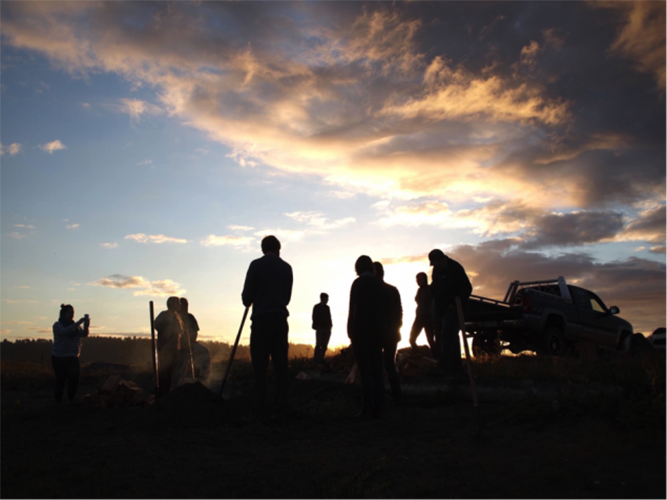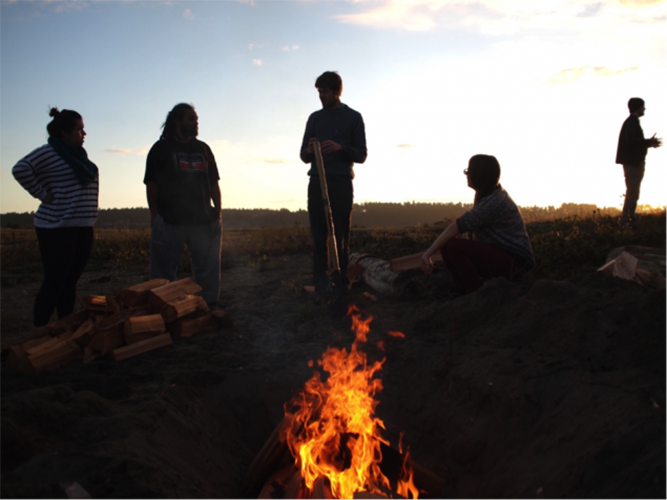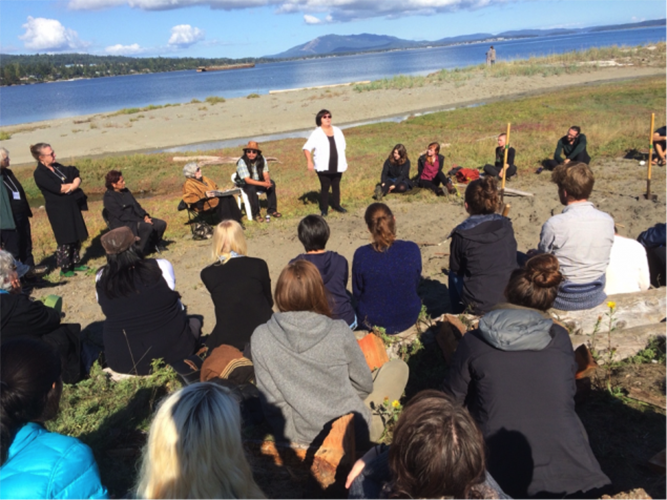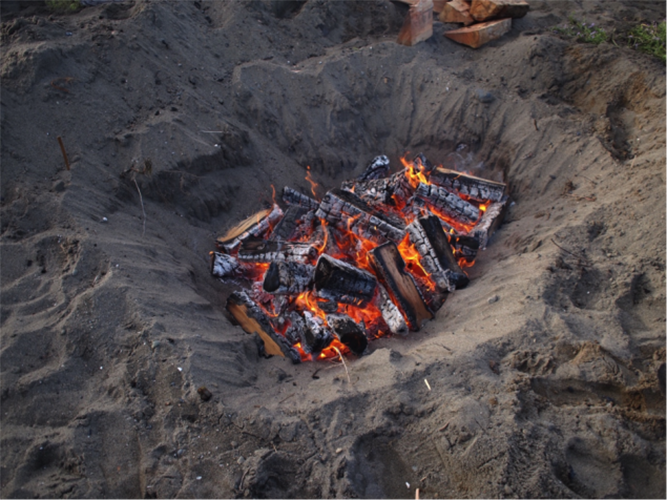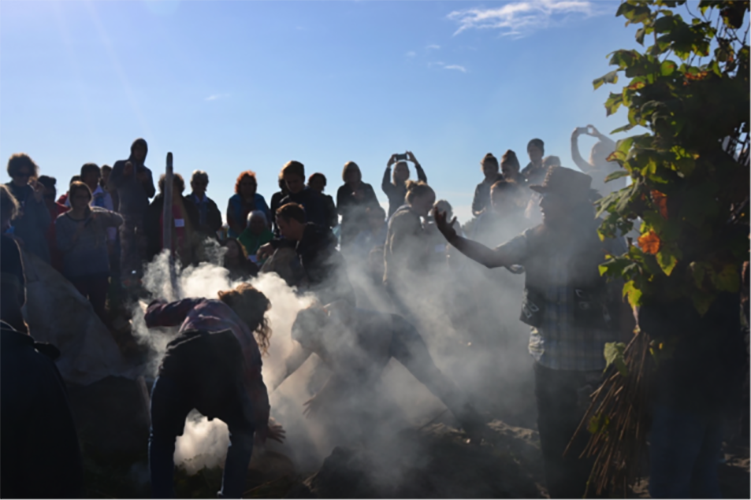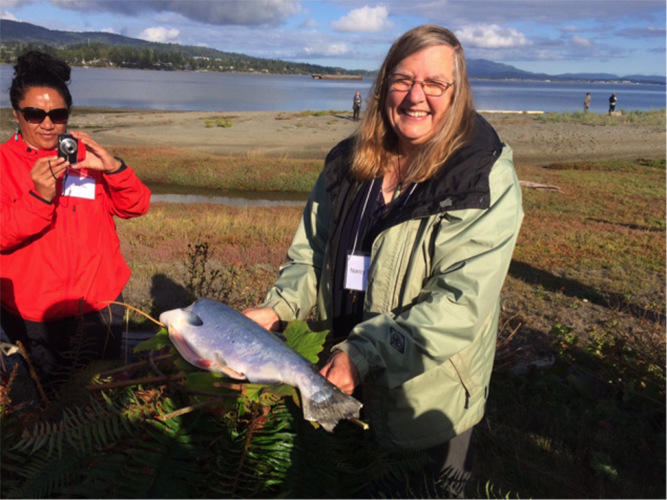The re-indigenization of humanity to Mother Earth: A learning platform to cultivate social-ecological resilience and challenge the Anthropocene
Overview
Having already crossed four of the nine planetary boundaries that are considered a safe operating space for humanity (Steffen et al., 2015), we now stand at the threshold of the Anthropocene epoch. The election of a president to govern the world’s largest economy who has withdrawn his country from the Paris Climate Accord – and who has appointed to key environmental governance positions non-scientists with contrarian views on critical ecological issues – surely moves us further from the point of safety (Milman, 2016).
This article explores the work of the Alliance for Intergenerational Resilience (AIR) as one practical proposal to change some of the underlying habits of thought and action that have led us towards the Anthropocene. Conceptually, resilience is now widely deployed in academic and policy discourse, increasingly in relation to challenges facing societies in times of resource scarcity and environmental attrition. As a concept ‘resilience’ emerged in natural science and as it enters and permeates social science disciplines, its meanings and epistemological assumptions are now being debated and, at times, fiercely contested (Brown, 2014; Ribot, 2014; Olsson, Galaz, & Boonstra, 2014). This is a wide-ranging debate and in our discussion in the next section we focus on ideas of community resilience.


